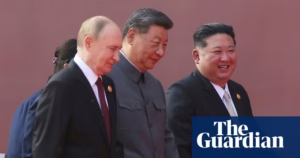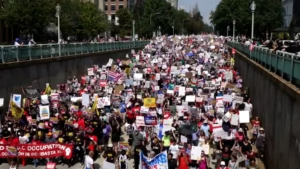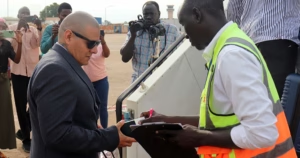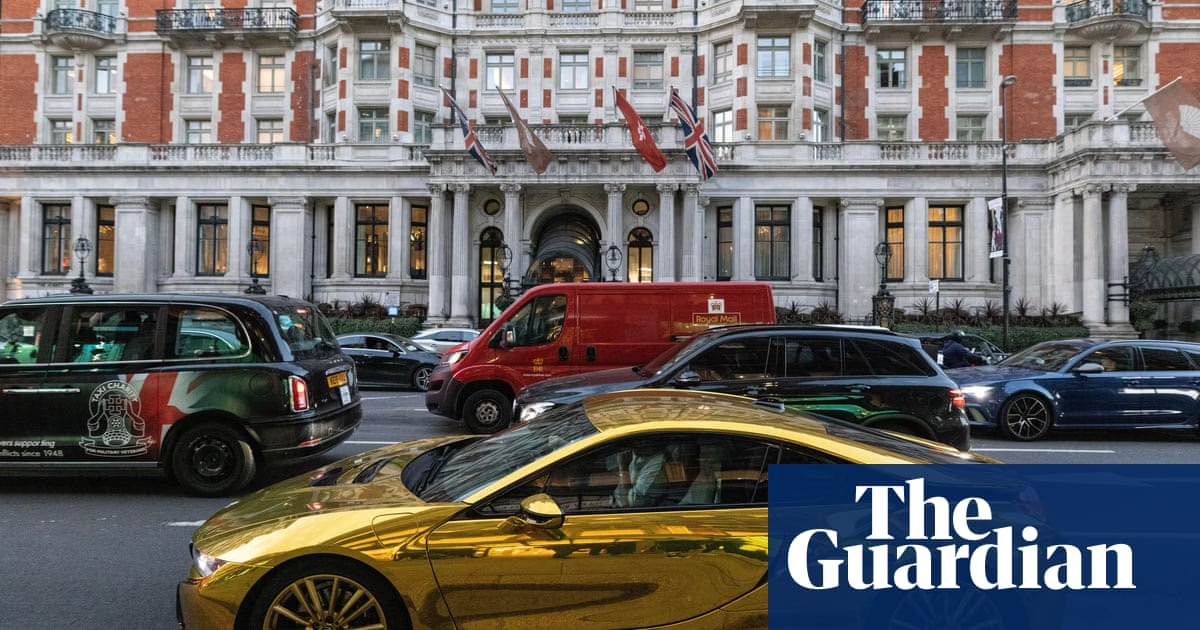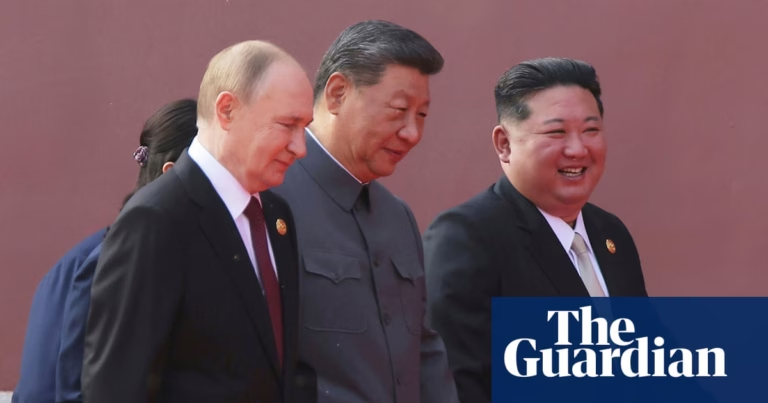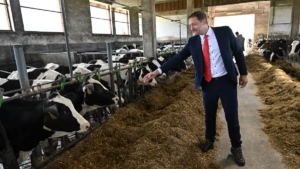HM Revenue and Customs has faced sharp criticism from Parliament’s spending watchdog for its inability to track the tax contributions and avoidance by billionaires in the UK. The Public Accounts Committee (PAC) expressed strong concerns in a report on tax collection from wealthy individuals, stating that HMRC is unable to quantify the amount of tax the super-rich contribute to or avoid paying the exchequer. The committee highlighted significant opportunities for collecting more revenue and warned that the lack of transparency could damage public confidence, calling for immediate action from the tax authority.
This criticism comes at a time when Keir Starmer’s government is under increasing pressure to raise taxes on wealth following Labour’s recent U-turn on welfare policies, which has raised questions about the health of public finances. The government has warned of potential financial consequences resulting from the backtracking on disability benefits and winter fuel payments for pensioners, which will cost over £6bn. Alongside economic uncertainty and high borrowing costs, economists suggest that Rachel Reeves may need to increase taxes in the autumn budget to cover a shortfall of up to £30bn.
Despite speculation over tax rises, Reeves has sought to reassure business leaders and financiers that Labour’s priority is to boost economic growth. The government has also declined to rule out the introduction of a wealth tax after former Labour leader Neil Kinnock called for a new levy.
The tax gap, which refers to the difference between what HMRC expects to receive and what is actually collected, has been a persistent issue for successive governments. HMRC had previously attempted to close this gap through measures to tackle non-compliance. In her spending review last month, Reeves allocated extra funding of £1.7bn over four years to HMRC, enabling the recruitment of additional compliance and debt management staff. The Treasury estimates that this will result in an additional £7.5bn in tax revenue annually by 2029-30.
However, the PAC report has added pressure on ensuring that the wealthy contribute their fair share of taxes. While acknowledging the revenue generated through compliance efforts, the report suggests that either non-compliance among the wealthy has worsened or previous estimates of tax avoidance were too low. The committee also expressed disappointment that HMRC could not utilize available public data to identify billionaires, considering that their wealth and assets are significantly higher than the threshold for wealthy individuals.
The report recommended that HMRC should improve its understanding and data collection on wealth and assets of UK taxpayers, starting with comparing available public data on known billionaires with its own records. The rich list in 2025 identified 156 billionaires, including prominent individuals such as Jim Ratcliffe, James Dyson, and David and Simon Reuben. Gopi Hinduja and his family were ranked as Britain’s wealthiest family, with an estimated fortune of £35.3bn.
Labour MP Lloyd Hatton, a member of the PAC, expressed disappointment that HMRC was unable to provide any insight into the tax affairs of billionaires despite the abundance of information available. He emphasized that the committee’s report shows that a significant amount of money is being left uncollected.
In response, a HMRC spokesperson stated that the additional resources announced in the spending review will enable tax officials to step up their work. The government remains determined to ensure that everyone pays the tax they owe.
Source: https://www.theguardian.com/politics/2025/jul/16/hmrc-criticised-by-watchdog-for-failing-to-track-billionaires-tax
